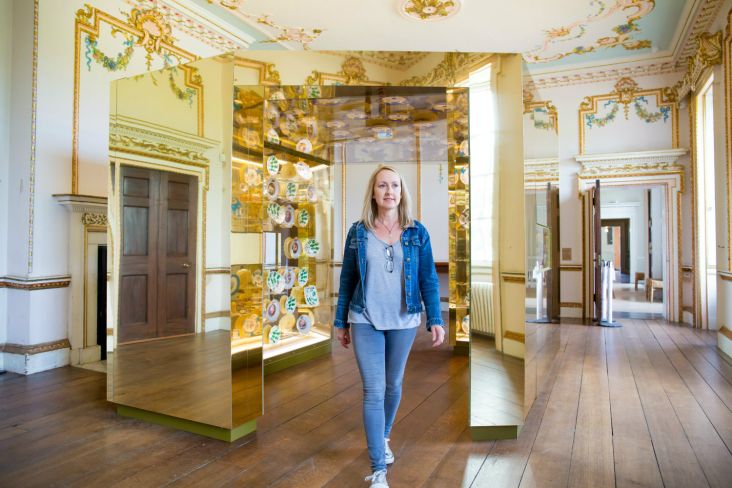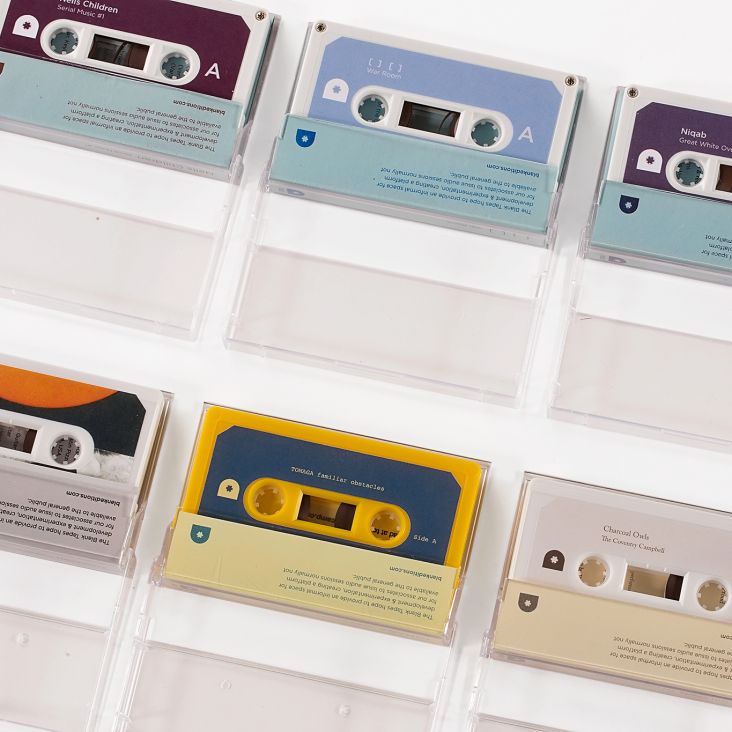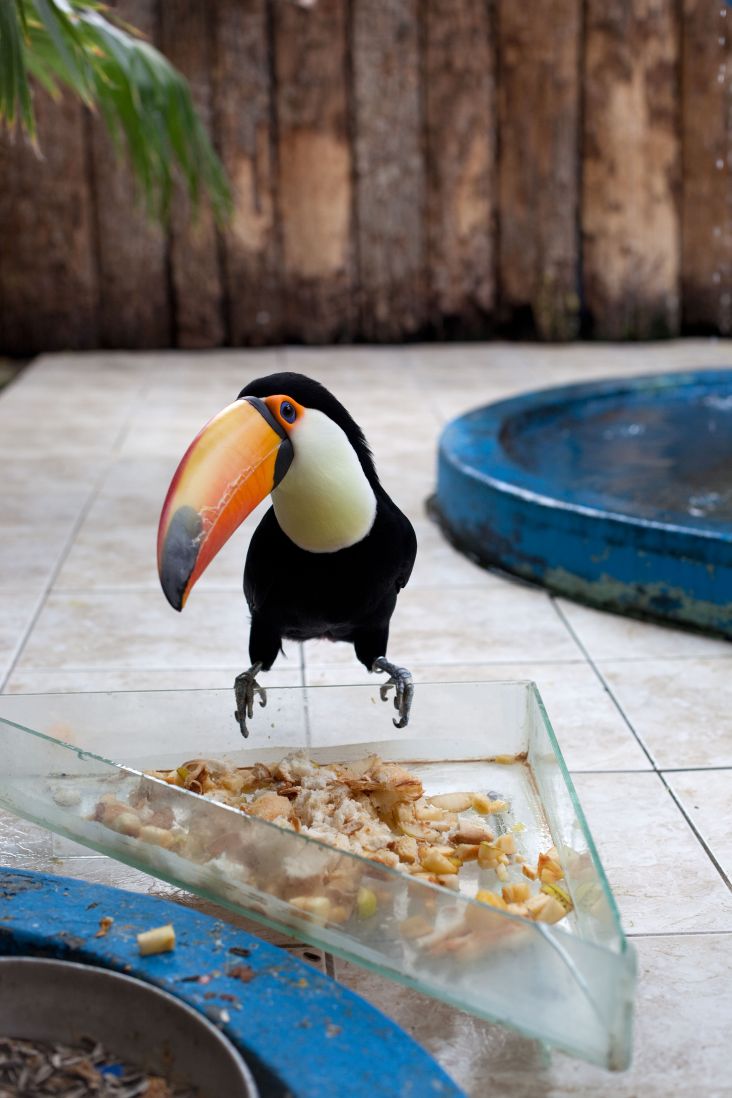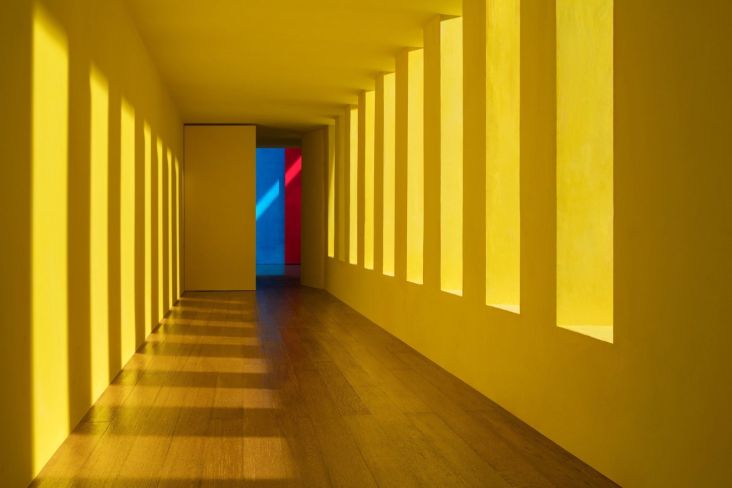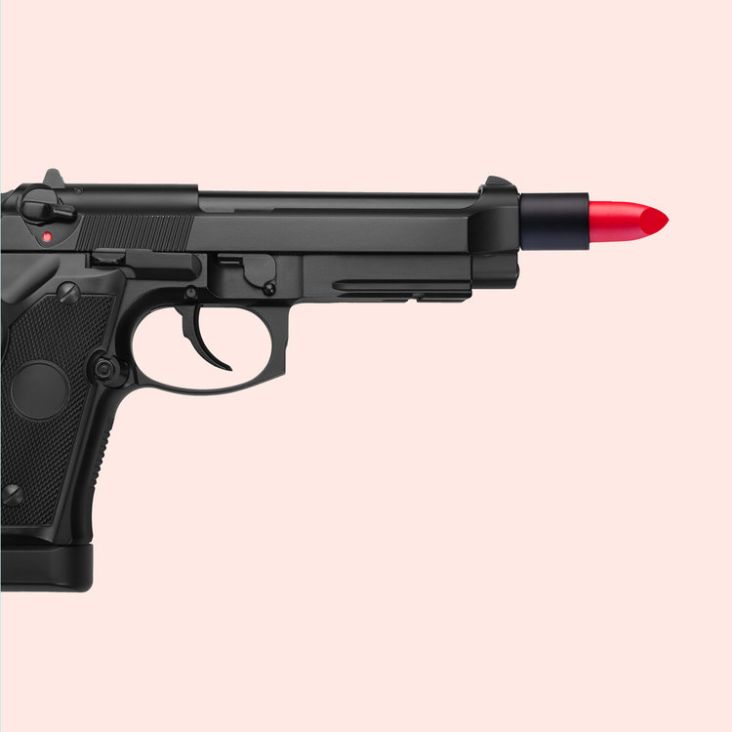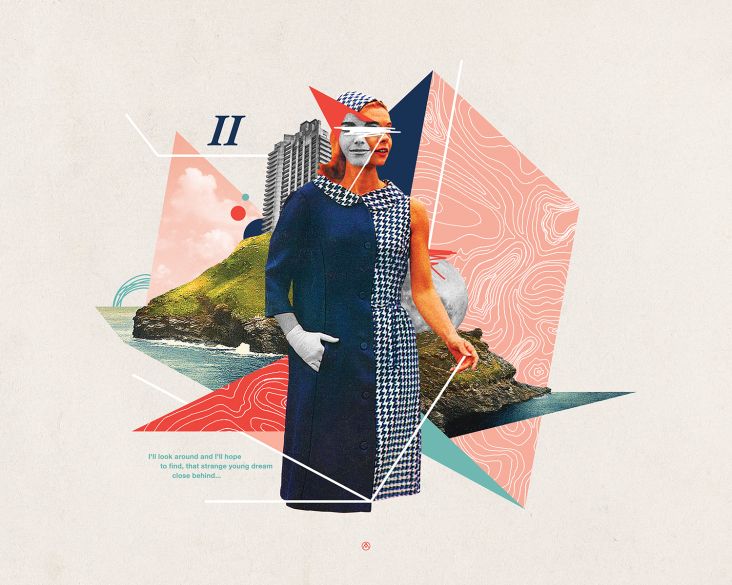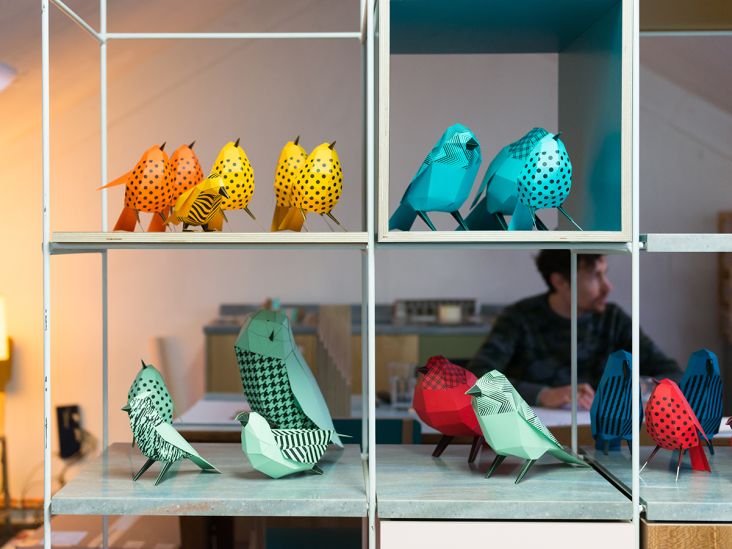Queer British Art: The first exhibition dedicated to LGBT+ art at Tate Britain
It’s saddening to realise that homosexuality was only "partially" decriminalised in the UK 50 years ago, and perhaps more so to consider that we’re still seeing homophobia today.
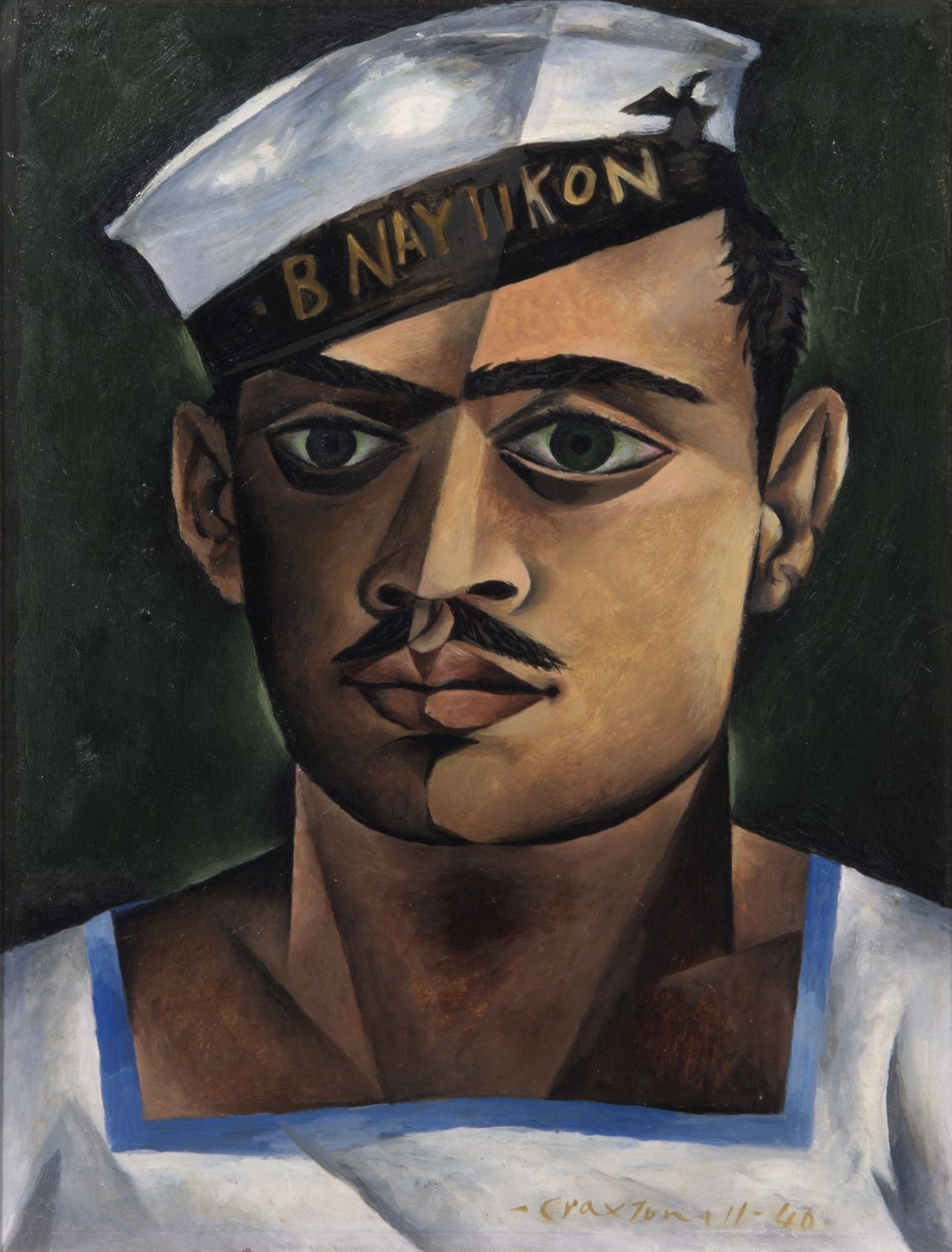
Duncan Grant Bathing 1911 Oil paint on canvas 2286 x 3061 mm © Tate
But queer identities aren’t about legislation or politics: they’re about a sense of self and an expression of sexuality, and individual experience. Just as we wouldn’t societally sweep a broad brushstroke over what "heterosexual identity" means, we shouldn’t do the same with LGBT+ ones either.
Such rich and varied selves and identities are superbly expressed through creativity, as a forthcoming show at London’s Tate Britain gallery proves. The exhibition Queer British Art 1861-1967 is to display artworks created from the abolition of the death penalty for sodomy in 1861 to the passing of the Sexual Offences Act in 1967. This near century-long period was a time that saw many radical shifts in how artists and non-artists alike viewed and presented gender and sexuality, and it’s easy for us today to forget just how risky it was to be gay 100 years ago, how maligned queerness was in years gone by.
The exhibition will feature work by artists including David Hockney, Francis Bacon, Keith Vaughan, Evelyn de Morgan, Gluck, Glyn Philpot, Claude Cahun and Cecil Beaton alongside erotic drawings by Aubrey Beardsley, queer ephemera including the door from Oscar Wilde’s prison cell, personal photographs, films and publications.
One room of the space will be devoted to the famously Bohemian and sexually open artist coterie the Bloomsbury set, featuring paintings of various members and their lovers and commissions by artists including Duncan Grant and Ethel Walker. Elsewhere, we’ll see examples of Pre-Raphaelite works that hint at coded desires, and the swinging nature of Soho in the 1960s.
"Spanning the playful to the political, the explicit to the domestic, Queer British Art 1861-1967 will showcase the rich diversity of queer visual art and its role in society," says Tate Britain. "Many of the works that will be displayed were produced in a time when the terms ‘gay’, ‘lesbian’, ‘bisexual’ and ‘trans’ had little public recognition.
"Queer British Art 1861-1967 will show how artists and audiences challenged the established views of sexuality and gender identity between two legal landmarks. Some of the works in the show are intensely personal while others spoke to a wider public, helping to forge a sense of community."
The exhibition runs from 5 April – 1 October 2017.
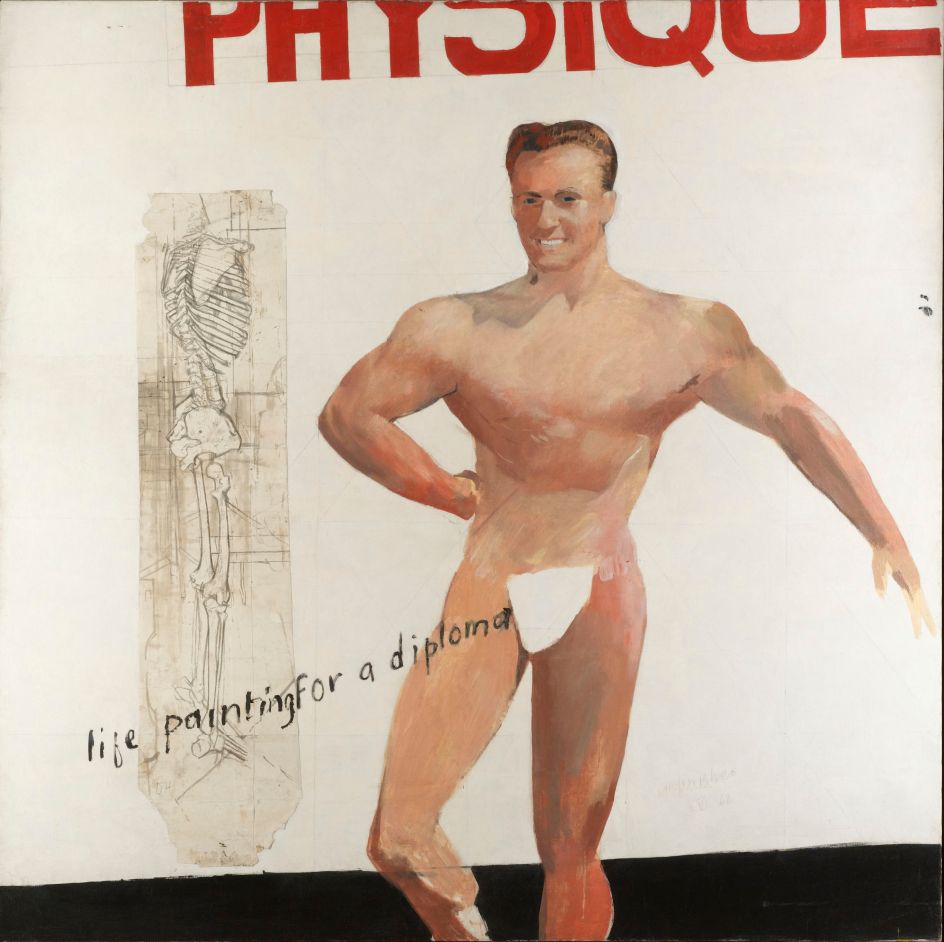
David Hockney Life Painting for a Diploma 1962 Yageo Foundation © Yageo Foundation
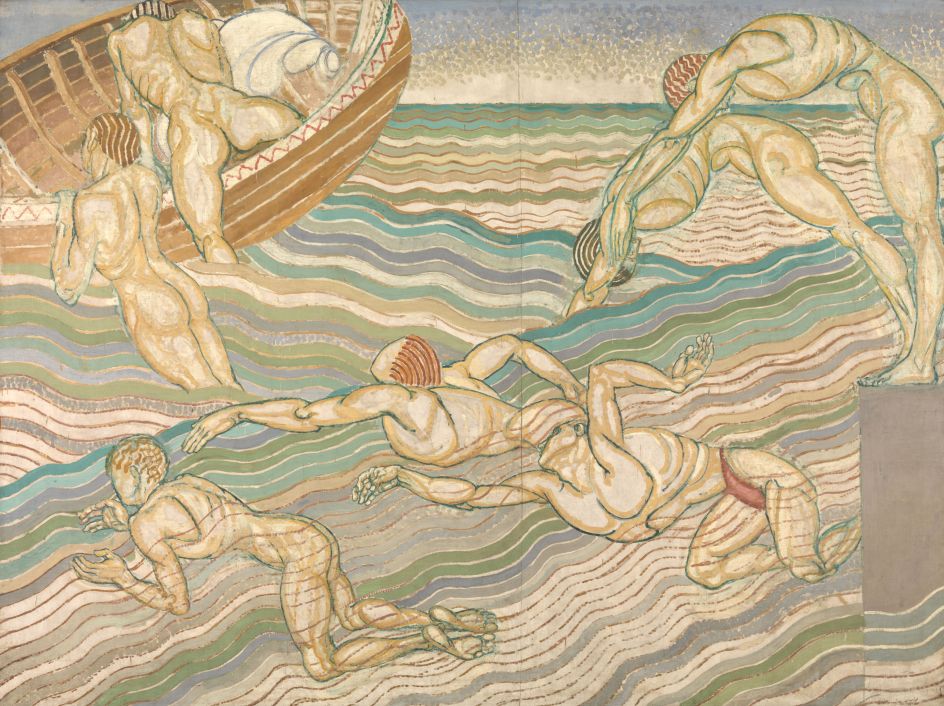
Duncan Grant Bathing 1911 Oil paint on canvas 2286 x 3061 mm © Tate
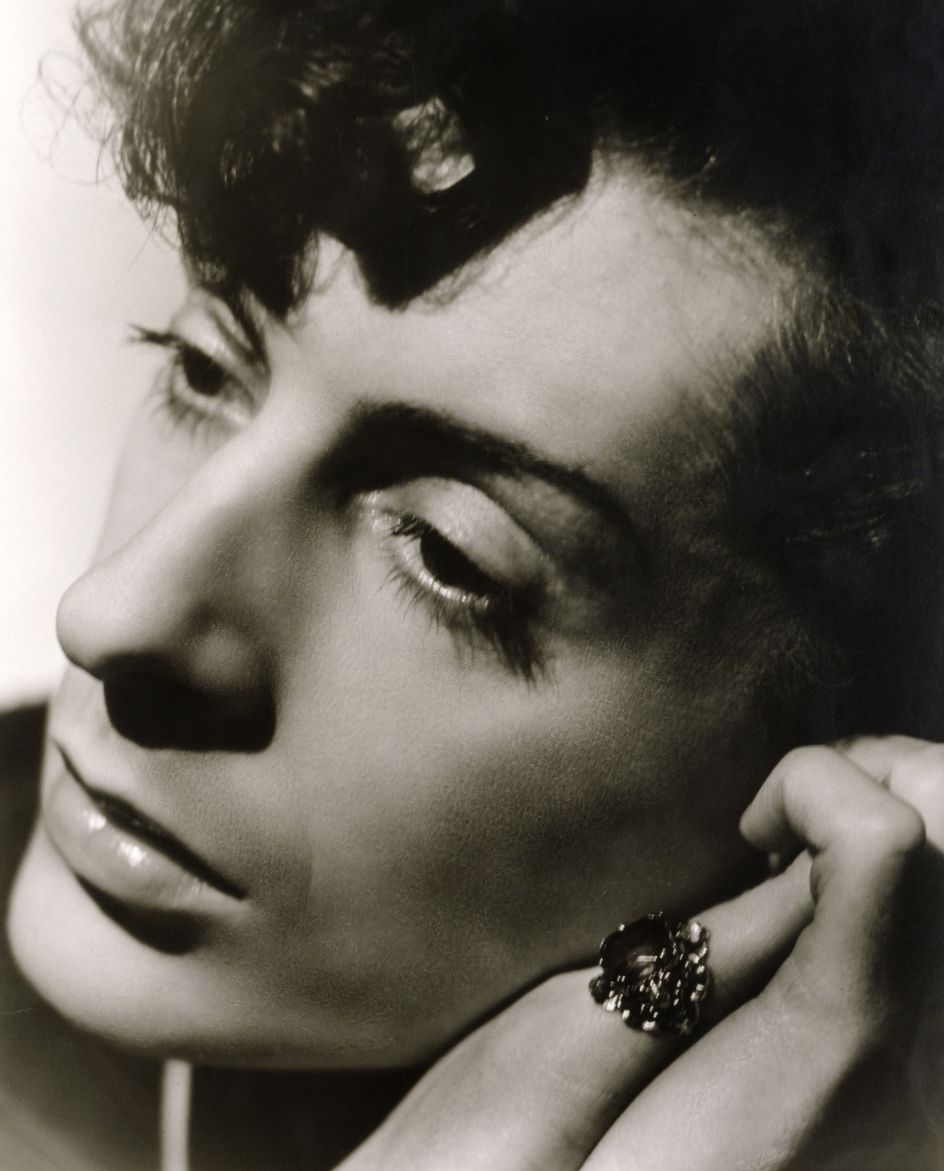
Angus McBean (1904-1990) Quentin Crisp 1941 Bromide print National Portrait Gallery (London, UK) © Estate of Angus McBean / National Portrait Gallery, London
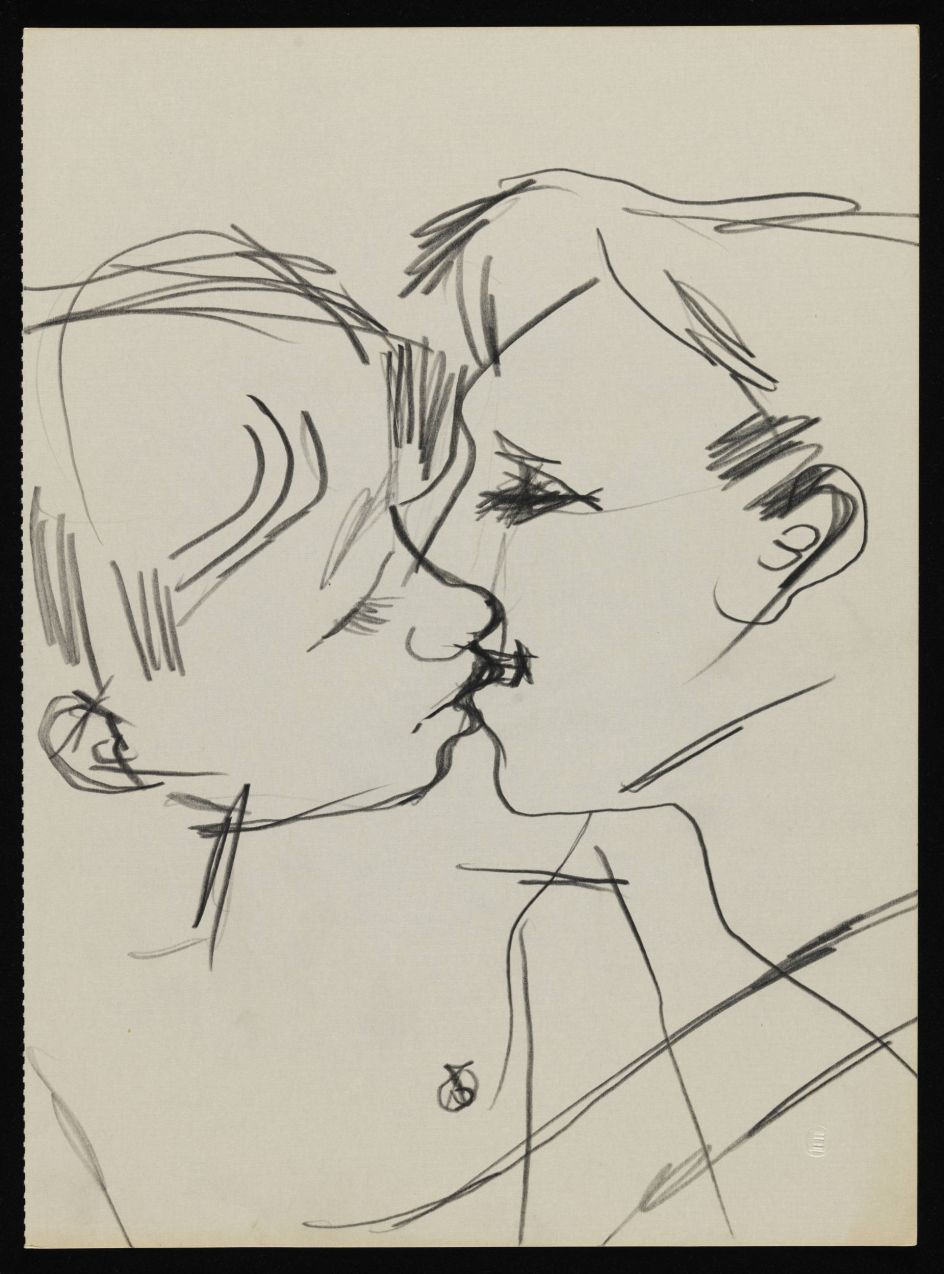
Keith Vaughan Drawing of two men kissing 1958–73 Tate Archive © DACS, The Estate of Keith Vaughan
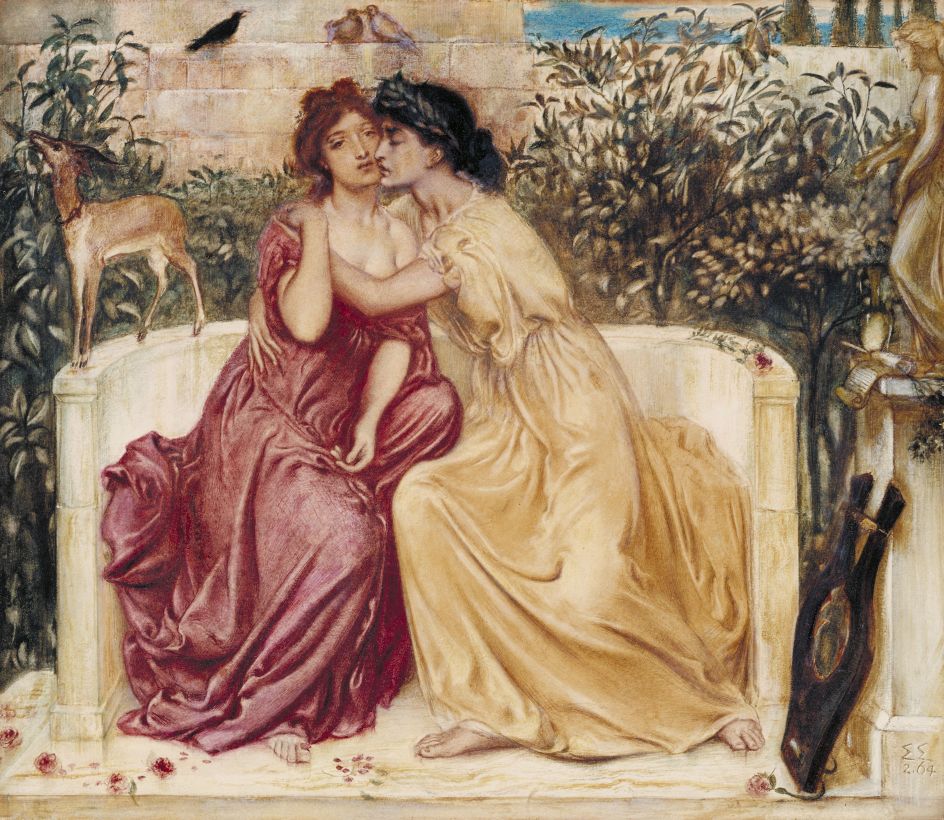
Simeon Solomon 1840-1905 Sappho and Erinna in a Garden at Mytilene 1864 Watercolour on paper 330 x 381 mm Tate. Purchased 1980
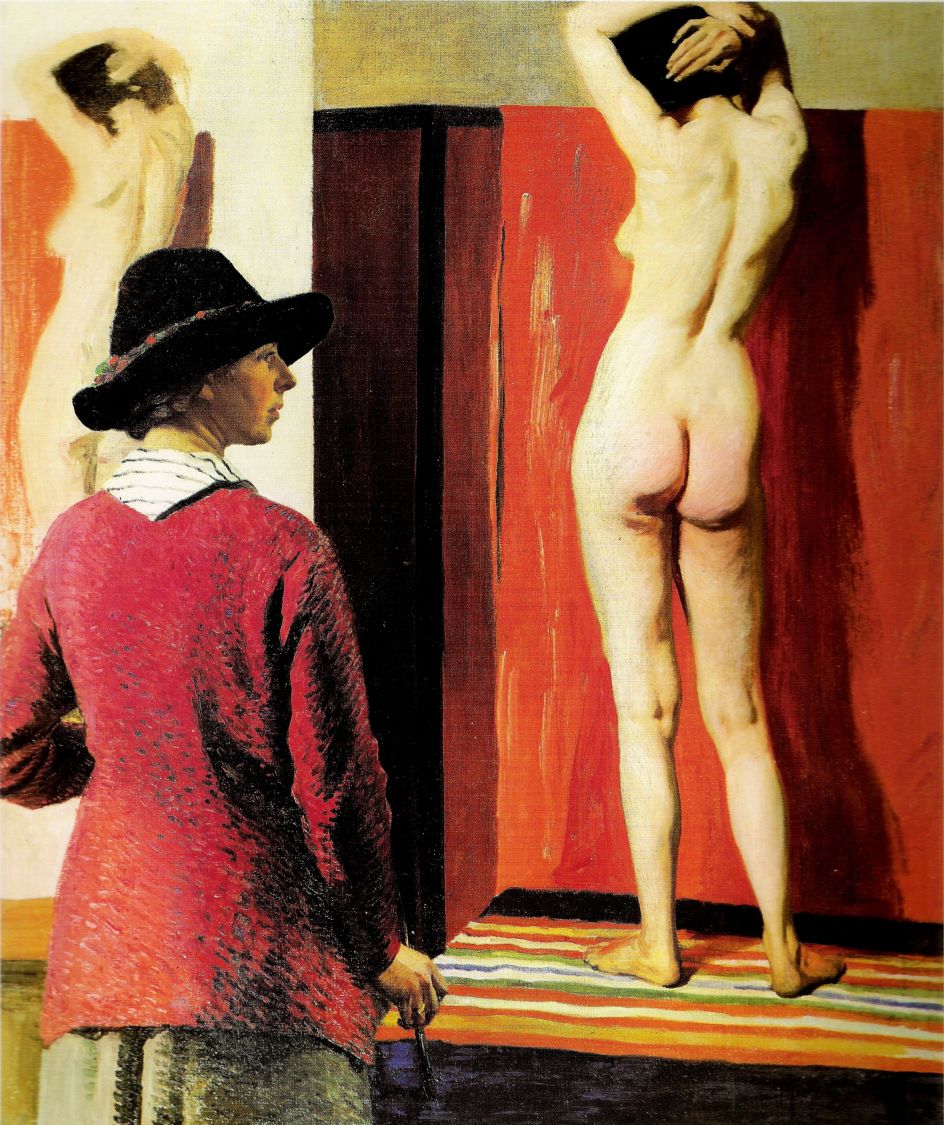
Laura Knight (1877-1970) Self-Portrait 1913 Oil on canvas 152.4 x 127.6 cm National Portrait Gallery (London, UK)




 by Tüpokompanii](https://www.creativeboom.com/upload/articles/58/58684538770fb5b428dc1882f7a732f153500153_732.jpg)


 using <a href="https://www.ohnotype.co/fonts/obviously" target="_blank">Obviously</a> by Oh No Type Co., Art Director, Brand & Creative—Spotify](https://www.creativeboom.com/upload/articles/6e/6ed31eddc26fa563f213fc76d6993dab9231ffe4_732.jpg)








